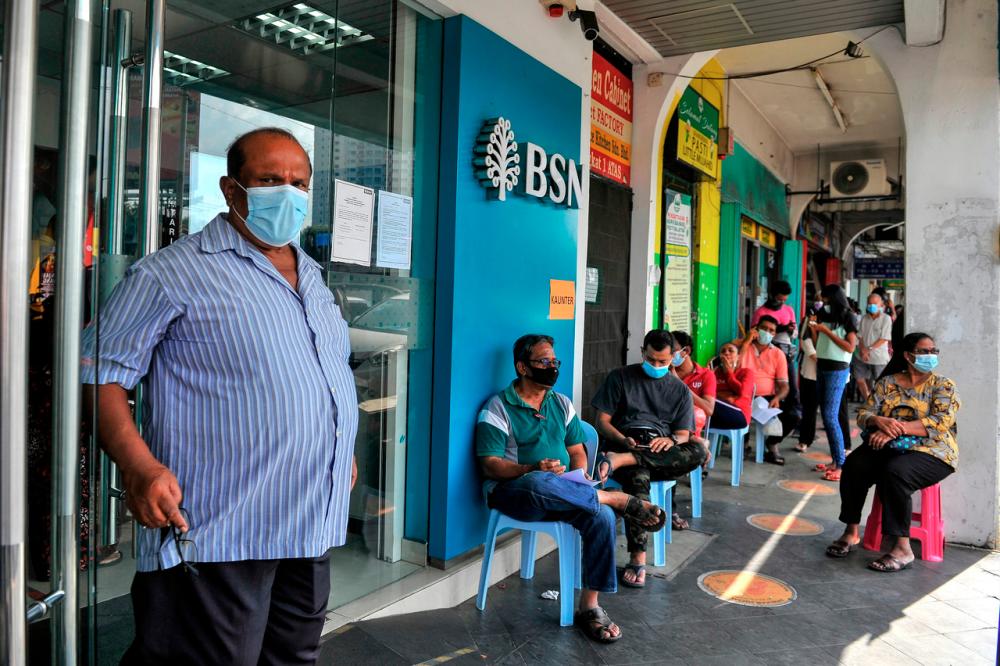PETALING JAYA: Logging on to transfer cash to another bank account or to pay bills has become second nature to many Malaysians.
The high level of trust in e-banking can be attributed to two factors - trust in the security system and the convenience it offers, according to cyber-security experts.
As associate professor Dr Selvakumar Manickam of Universiti Sains Malaysia puts it, the benefits that come with
e-banking outweigh the security risks.
A recently concluded survey by global analytics software firm FICO revealed that 61% of Malaysian consumers prefer digital channels to engaging with their banks.
The survey, which covered 5,000 consumers across 10 countries in the Asia-Pacific, showed that 61% of Malaysians prefer to log on to do their banking over walking into a branch.
While Malaysians are still not the most ardent users of internet banking (it is ahead of the Philippines and Indonesia but behind Thailand, Singapore and Vietnam), the level of trust is significant.
Selvakumar attributed it to the introduction of various security features. In addition to password and secureword, banks now require multi-factor authentication such as TAC (transaction authorisation code) and biometric authentication.
“This reduces risks significantly,” he told theSun.
He said bank account holders also have the assurance that their financial institutions exercise due diligence to ensure that the necessary security mechanisms are put in place.
“Most banks have dedicated security teams that monitor, detect and prevent potential cyber threats,” he said.
However, nothing is perfect, even e-banking security.
“Cyber-criminals are constantly testing online systems to look for vulnerabilities, so it is difficult to say that any system is 100% secure,” Selvakumar said.
“This is evident from the many data breaches that have been happening around the world at an alarming rate. Nevertheless, the risks associated with online banking are very low.”
“An apt analogy would be driving. We need to drive to get to places fast, but it also comes with the risk of accidents and fatality. We still drive knowing there are risks associated with it,” he added.
Nonetheless, he said, consumers should be wary of phishing emails and SMS that are used to trick users into divulging their banking information.
“Many cyber-criminals have moved to ‘hacking’ the users instead of the system. Malaysians are known to be vulnerable to such tactics. We see news of Malaysians becoming victims of various online scams frequently,” he said.
“Education and awareness are essential to prevent users from becoming victims. Remember, banks will never ask for passwords or TAC numbers via email or send their website link over SMS. Users need to be vigilant when carrying out online transactions,” he added.
Cyber-security testing firm LGMS group chief executive officer Fong Choong-Fook agrees that consumers opt for e-banking due to convenience.
“We can pay bills and make online transactions, meaning things can be done instantly. However, I cannot say all Malaysians feel secure using online banking because some are still sceptical about this alternative. Nevertheless, I believe that in general, our e-banking system is secure because Bank Negara Malaysia requires rigorous security and risk assessments,” he said.
Additionally, most banks in Malaysia have also taken extra precautionary steps to apply extra protection on their e-banking systems, Fong added.
For most banks, the main concern is the vulnerability at the consumer’s end.
“Our surveys show that in almost 99% of the time when consumers complain of hacking, it happens at their end,” Fong said.
“Many end up having their credentials stolen by scammers and hackers,” he added.














